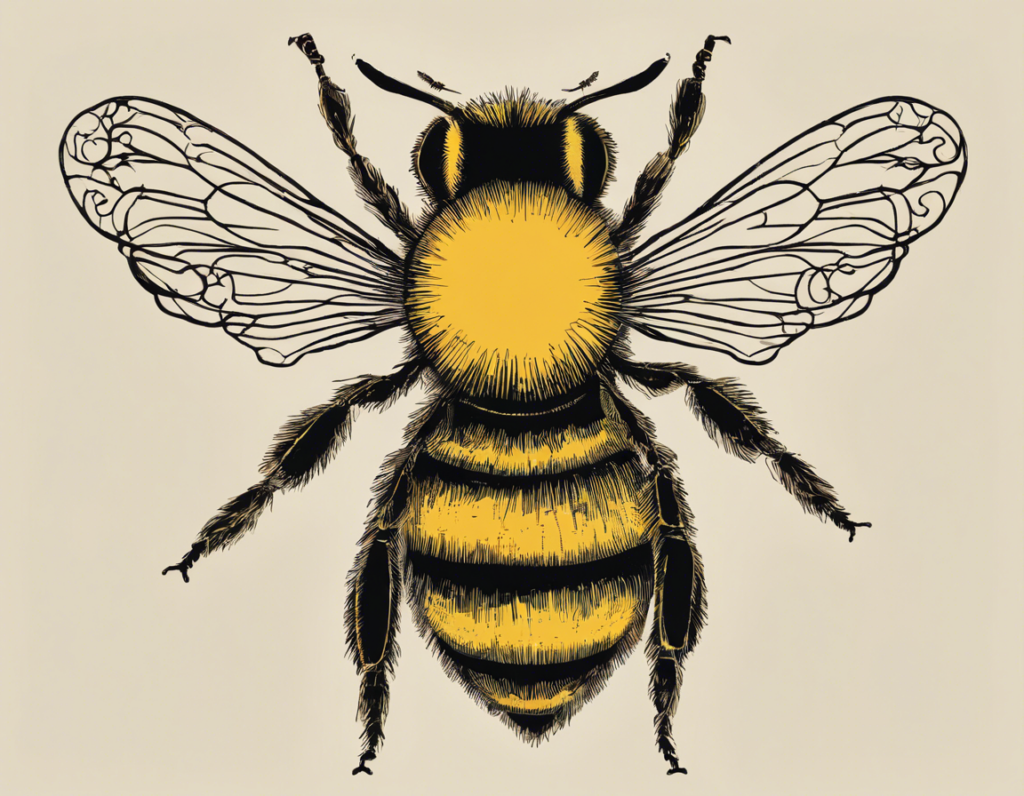The term “Bee Hippy” encompasses the values of living a sustainable, eco-friendly, and nature-conscious lifestyle. It revolves around the idea of being in harmony with the environment, promoting conservation efforts, and supporting the well-being of pollinators such as bees. By adopting Bee Hippy practices, individuals can play a vital role in preserving the planet for future generations.
The Importance of Bees
Bees are essential creatures that play a crucial role in the pollination of plants, including many of the crops that humans rely on for food. Without bees, the ecosystem would suffer, and the agricultural industry would face significant challenges. Pollinators, such as bees, are responsible for one out of every three bites of food that we eat, making them indispensable to our survival.
Sustainable Living Practices
- Reduce, Reuse, Recycle: Embracing the mantra of reducing waste, reusing items whenever possible, and recycling materials is a fundamental aspect of sustainable living.
- Composting: Turning organic waste into nutrient-rich compost not only reduces landfill waste but also helps improve soil health and promote plant growth.
- Using Eco-Friendly Products: Opting for products that are biodegradable, non-toxic, and sustainably sourced can significantly reduce the environmental impact of daily activities.
- Conserving Energy: Implementing energy-efficient practices such as using LED light bulbs, unplugging electronics when not in use, and investing in renewable energy sources like solar power contribute to a greener lifestyle.
Supporting Bee Populations
- Planting Bee-Friendly Gardens: Cultivating gardens with a variety of native plants, flowers, and herbs can provide bees with a diverse and nutritious food source.
- Avoiding Pesticides: Minimizing the use of harmful chemicals in gardening and agriculture helps protect bees from exposure to toxic substances that can harm their health.
- Installing Bee Hotels: Providing shelter for solitary bees by setting up bee hotels or nesting boxes creates safe habitats for these important pollinators.
Mindful Consumption
- Choosing Sustainable Food: Opting for locally sourced, organic, and seasonal produce supports sustainable farming practices and reduces the carbon footprint associated with food transportation.
- Ethical Fashion: Purchasing clothing from brands that prioritize ethical manufacturing processes, use eco-friendly materials, and promote fair labor practices contributes to a more sustainable fashion industry.
- Minimalism: Adopting a minimalist approach to consumption by buying only what is necessary, avoiding single-use items, and practicing conscious consumerism reduces waste and promotes a clutter-free lifestyle.
Frequently Asked Questions (FAQs)
-
Why are bees important for the environment?
Bees are crucial pollinators that facilitate the reproduction of flowering plants, including many crops that humans rely on for food. -
How can I attract bees to my garden?
Planting a diverse selection of flowers, avoiding pesticides, providing water sources, and creating bee-friendly habitats can help attract bees to your garden. -
What are some eco-friendly alternatives to commonly used products?
Eco-friendly alternatives include reusable shopping bags, stainless steel straws, cloth napkins, bamboo toothbrushes, and biodegradable cleaning products. -
How can I reduce my energy consumption at home?
Strategies for reducing energy consumption include using programmable thermostats, sealing drafts, switching to energy-efficient appliances, and turning off lights and electronics when not in use. -
What is the impact of fast fashion on the environment?
Fast fashion contributes to pollution, water wastage, greenhouse gas emissions, and unethical labor practices. Choosing sustainable fashion options helps mitigate these negative impacts. -
Why is composting beneficial for the environment?
Composting reduces waste sent to landfills, enriches soil with nutrients, reduces the need for chemical fertilizers, and helps combat climate change by reducing greenhouse gas emissions. -
How can I support bee conservation efforts in my community?
Supporting local beekeepers, participating in community garden projects, advocating for pollinator-friendly policies, and educating others about the importance of bees are effective ways to contribute to bee conservation. -
What are the benefits of shopping locally?
Shopping locally reduces the carbon footprint associated with transportation, supports small businesses in the community, promotes sustainable practices, and fosters a stronger sense of community. -
What role do bees play in biodiversity?
Bees are essential pollinators that facilitate the reproduction of flowering plants, contributing to the biodiversity and stability of ecosystems by supporting a wide variety of plant species. -
How can I make my home more sustainable on a budget?
Implementing simple changes such as using energy-efficient light bulbs, reducing water consumption, insulating windows and doors, and practicing mindful consumption can help make your home more sustainable without breaking the bank.
Conclusion
Embracing a Bee Hippy lifestyle involves a holistic approach to sustainable living, encompassing practices that support the well-being of bees, promote environmental conservation, and prioritize mindful consumption. By adopting eco-friendly habits, supporting bee populations, and making conscious choices in daily life, individuals can contribute to a healthier planet and inspire others to join in creating a more sustainable future. Let’s all strive to be Bee Hippies and make a positive impact on the world around us.
